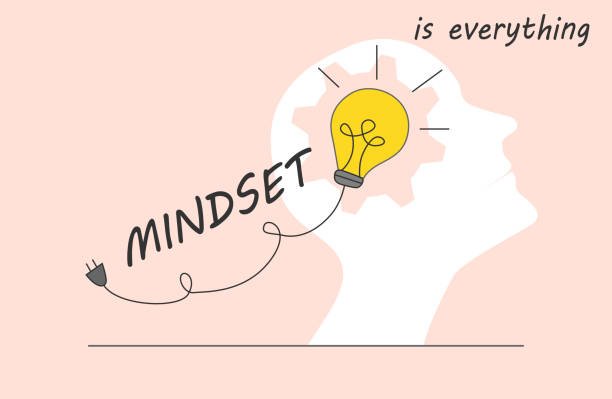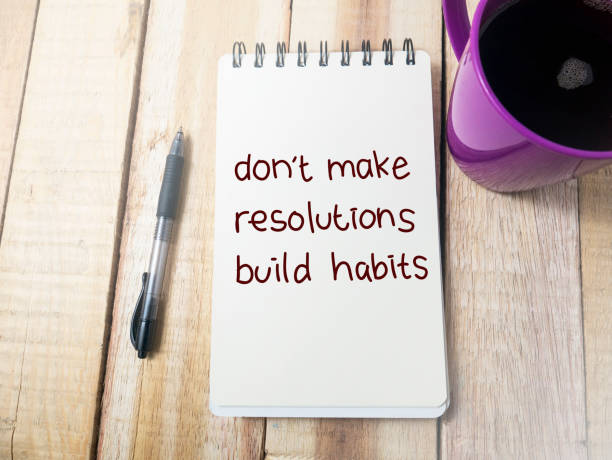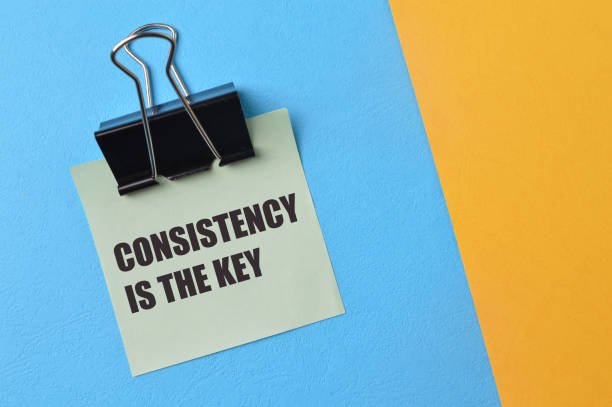How can we deal with negative feelings?
Negative feelings can arise from various sources, including challenging life circumstances, relationships, work-related stress, or personal insecurities. While it’s normal to experience such emotions, allowing them to persist without addressing them can have detrimental effects on our mental health. Fortunately, there are proactive steps we can take to manage and overcome negative feelings.
Understanding Negative Feelings
Before we delve into coping strategies, it’s essential to understand the nature of negative feelings. Emotions like sadness, anger, fear, and frustration serve as signals from our minds and bodies, indicating that something isn’t right. Rather than suppressing these feelings, it’s healthier to acknowledge and explore them.
Identifying Negative Feelings

The first step in dealing with negative feelings is recognizing and identifying them. Self-awareness plays a vital role in understanding our emotions. Take time to reflect on your thoughts and feelings, and try to pinpoint the specific emotions you’re experiencing. Are you feeling overwhelmed, stressed, or anxious? Identifying your emotions enables you to address them more effectively.
The Impact of Negative Feelings
Negative feelings can have a profound impact on our overall well-being. When left unaddressed, they can lead to increased stress levels, reduced productivity, strained relationships, and even physical health issues. Recognizing the significance of these emotions can motivate us to seek appropriate strategies for dealing with them.
Coping Strategies for Negative Feelings

Practice Self-Compassion
Treat yourself with kindness and understanding. Self-compassion involves being gentle and forgiving toward yourself, acknowledging that everyone experiences negative emotions.
Seek Social Support
Reach out to trusted friends, family, or support groups. Sharing your feelings with others can provide comfort, perspective, and guidance.
Engage in Physical Activities
Regular exercise releases endorphins, which are natural mood enhancers. Engaging in activities like walking, yoga, or dancing can help reduce stress and boost your mood.
Express Yourself Creatively
Artistic outlets such as painting, writing, or playing a musical instrument allow you to channel your emotions in a constructive way. Creative expression can provide a sense of catharsis and promote emotional well-being.
Cultivate Mindfulness and Meditation
Practicing mindfulness and meditation techniques can help you observe your negative feelings without judgment. This enables you to develop a more balanced and compassionate perspective.
Challenge Negative Thoughts
Negative feelings often arise from distorted thinking patterns. Challenge and reframe negative thoughts by focusing on evidence that contradicts them. Replace self-critical thoughts with positive and realistic affirmations.
Practice Gratitude
Cultivate a gratitude mindset by regularly acknowledging and appreciating the positive aspects of your life. This practice can shift your focus from negative feelings to the abundance of goodness around you.
Take Breaks and Engage in Self-Care
Allow yourself regular breaks from daily stressors and prioritize self-care activities. Engaging in hobbies, taking relaxing baths, or indulging in your favorite pastimes can rejuvenate your spirit.
Seek Professional Help
If negative feelings persist and significantly impact your daily life, consider reaching out to a mental health professional. Therapists or counselors can provide guidance, support, and evidence-based strategies tailored to your needs.
Conclusion
Negative feelings are a normal part of the human experience, but it’s essential to address them proactively to maintain our mental well-being. By implementing coping strategies such as practicing self-compassion, seeking social support, engaging in physical activities, expressing oneself creatively, cultivating mindfulness, challenging negative thoughts, practicing gratitude, taking breaks, and seeking professional help when needed, we can navigate negative emotions effectively and lead happier, more fulfilling lives.
FAQs
1. How long do negative feelings typically last?
Negative feelings can vary in duration depending on the individual and the situation. While some emotions may pass relatively quickly, others may linger for extended periods. It’s important to focus on implementing coping strategies to manage and overcome negative feelings rather than fixating on their duration.
2. Can negative feelings be completely eliminated?
Negative feelings are a natural part of life, and it’s unrealistic to expect them to disappear entirely. However, by developing effective coping mechanisms and cultivating a positive mindset, you can significantly reduce the impact of negative emotions on your life.
3. Is seeking professional help necessary for dealing with negative feelings?
While many individuals can manage negative feelings through self-help strategies, seeking professional help can be beneficial in more challenging situations. Therapists and counselors are trained to provide specialized support and guide you through the process of addressing and managing negative emotions.
4. Can practicing gratitude really make a difference in dealing with negative feelings?
Yes, practicing gratitude has been shown to have a positive impact on mental well-being. Focusing on the good things in life can shift your perspective and reduce the intensity of negative emotions. Regularly acknowledging and appreciating what you are grateful for can contribute to a more positive outlook.
5. Are there any quick techniques to alleviate negative feelings at the moment?
While there is no one-size-fits-all solution, some techniques can help alleviate negative feelings at the moment. Deep breathing exercises, progressive muscle relaxation, or engaging in activities that bring you joy and calmness can provide immediate relief from negative emotions. Experiment with different strategies to find what works best for you.












